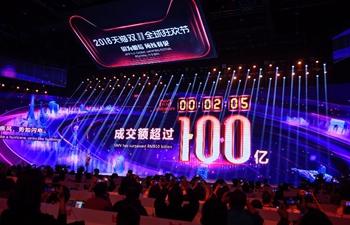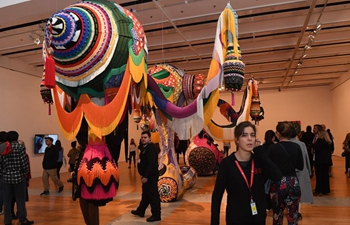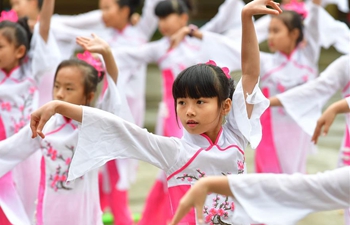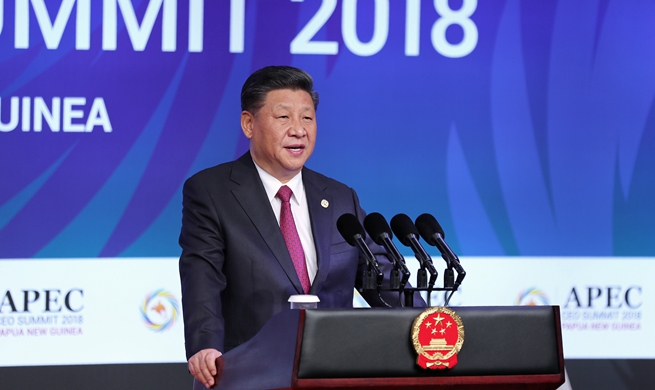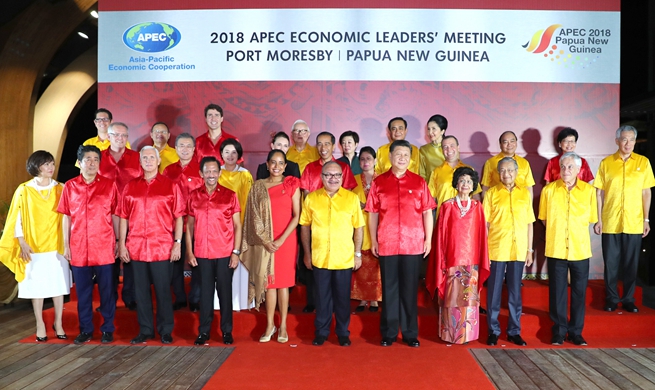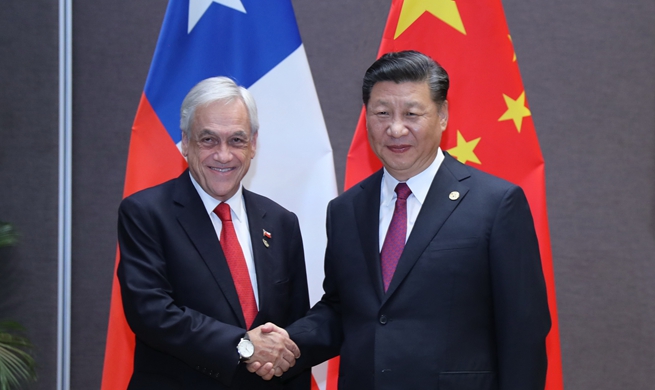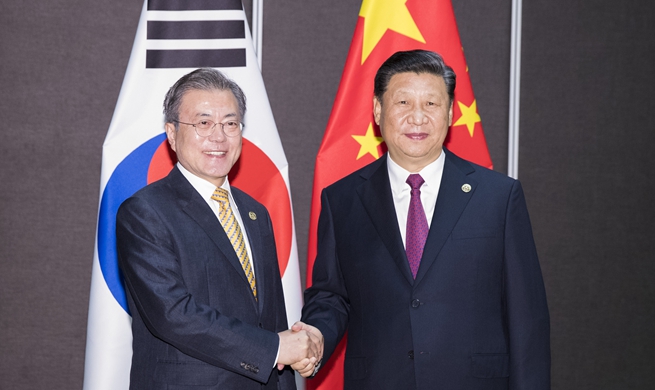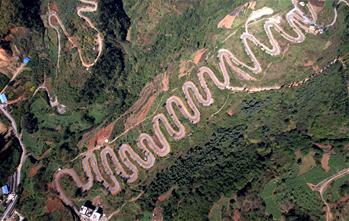HARBIN, Nov. 18 (Xinhua) -- Several executives from the world's top 500 companies expressed their full confidence in doing business in northeast China, at a forum recently held in Beijing.
Rashid Aleem Qureshi, chairman and CEO of Nestle Greater China, said he felt that Heilongjiang Province in northeast China occupied "the core position," whether "emotionally or economically."
Nestle built its first Chinese factory in the 1980s in Shuangcheng, now a district of Harbin, capital of Heilongjiang. Since then, Nestle has gradually expanded its market share in China, now the second-largest single market for the multinational's global business.
"We are proud of being able to root in Heilongjiang. This also gives us confidence in the long-term business prospects in China," Qureshi said, at the forum to promote Heilongjiang.
The forum, jointly held by China's Foreign Ministry and provincial authorities in Heilongjiang, attracted about 500 guests, including diplomatic envoys to China from more than 120 countries, representatives of international organizations and businesses, as well as scholars and journalists.
One of the three provinces in northeastern China, Heilongjiang is not only an important food production base, but also a hub for manufacturing, energy and raw material industries.
According to data from Heilongjiang's commerce bureau, 51 companies of the world's top 500, such as Nestle, Airbus and Volvo, have invested in 104 projects in the province over the past 40 years.
CNH Industrial, a world leading equipment manufacturing enterprise with annual sales of 27.4 billion U.S. dollars in 2017, set up a tractor assembly plant in Harbin in 1999 and opened a new factory and a research center there in 2014 as its business in China expanded.
However in recent years, the plant suffered a drop in sales in China as the country adjusted its planting structure, with farmers in northeastern China reducing maize planting area.
To counter the headwinds, the plant has increased exports to Central Asia and other regions, and improved product quality, trying to build a corporate brand known as "Made in Harbin."
"It is expected that sales of Harbin factories will reach 1 billion yuan (144 million U.S. dollars) this year," said Luca Mainardi, president of CNH Industrial (Greater China), at the forum.
Mainardi said that CNH's factory in Harbin was facing the problem of insufficient utilization of production, but he still believed the enterprise had a "bright future."
In the first half of 2018, the company tripled its registered capital and total investment in its factories in Harbin, becoming the largest agricultural machinery manufacturer in northeastern China.
At the forum, Mainardi also expressed his appreciation for local authorities for their high efficiency during the construction of the factories.
For a long time, a low-efficient business environment had plagued the revitalization of northeastern China. In recent years, the three provinces have made great efforts to create an investor-friendly business environment by improving bureaucratic efficiency to attract and keep business.
For instance, Heilongjiang has strengthened accountability of officials who caused serious delays in the government approval system, punishing more than 400 officials in three years.
In recent years, northeastern China has become a magnet for foreign investors, as the former heavy industrial hub tries to regain its shine by opening up wider to the world.
Since the beginning of the year, China has announced a host of new measures for opening-up, such as creating a more attractive investment and business environment and significantly lowering the tariffs on certain goods.
Addressing the Asia-Pacific Economic Cooperation CEO Summit on Saturday, Chinese President Xi Jinping pledged that China would continue to significantly expand market access, strengthen IPR protection, and do more to increase imports.
"China views all companies, both Chinese and foreign, as equals," he said. "China welcomes and encourages fair competition among them, and will fully protect their legitimate rights and interests."
Recalling the first China International Import Expo, held in Shanghai a week ago, the president said that China has demonstrated its commitment to trade liberalization and opening-up of its market.




